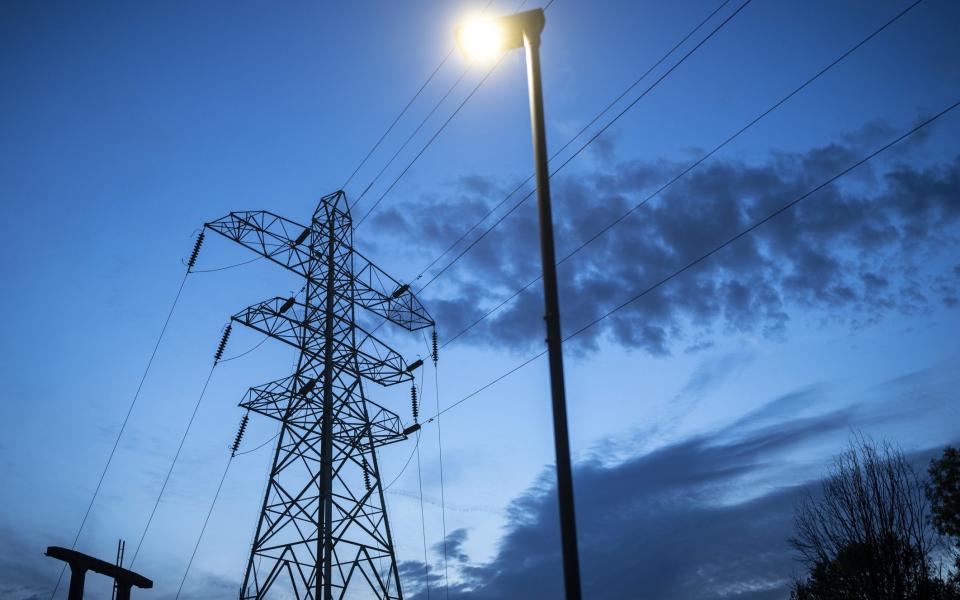British households will have to cut energy use again, says National Grid

British households will be asked to voluntarily cut their electricity usage again as Europe faces up to another winter without Russian gas supplies.
John Pettigrew, chief executive of National Grid, said he expected the so-called demand flexibility service would return in the coming heating season, in a sign that the energy crisis has not fully abated yet.
Under the flexibility system - trialled for the first time last winter - households receive payments of up to £10 a day to cut the amount of electricity they use at certain times.
This helps the Grid manage the power network at times of stress.
Mr Pettigrew told The Telegraph the service had been “very successful, even though we didn't need to use it very often because it was such a mild winter”.
He added: “But it was a mild winter, so we need to be mindful of that. When we plan, we plan for not just a mild winter but a normal winter and a severe winter.
“I would expect that the demand flexibility product will be available and will continue to be a service that we will offer as we go into next winter.”
In total, about 1.6 million households and businesses signed up to participate in the demand flexibility service last winter. It was used 22 times, but only two of these were “live” events.
The Grid said the service helped to save more than 3,300 megawatt hours of electricity in total, roughly what it takes to power 9.9 million households at peak times for an hour.
It comes as National Grid is preparing to publish its winter outlook report next month, which will set out how prepared Britain’s electricity system is for next winter.
Mr Pettigrew said this would consider factors such as the available capacity of power generators, European markets, gas storage, the Ukraine-Russia war, newly built liquified natural gas facilities on the Continent and the availability of electricity interconnectors.
“Early indications are actually what we call the plant margin, which is surplus generation, and the demand is going to be similar to last year,” he added.
He said the Government’s decision to keep open coal-fired power plants that would otherwise have closed as backup was a sensible insurance policy.
Last year, Mr Pettigrew warned that reduced gas imports from Europe during the cold months of January and February, if supplies were scarce, could lead to blackouts in Britain under a worst-case scenario.
The UK, which lacks long-term gas storage facilities, relies on piping gas from Europe in the winter, particularly when demand is high.
But in the event, relatively mild weather meant supplies across the Continent were less stretched than they would have been.
It meant that gas storage levels were strong at the end of last winter, putting EU countries in a better position to build up supplies before the next heating season.

 Yahoo Finance
Yahoo Finance 